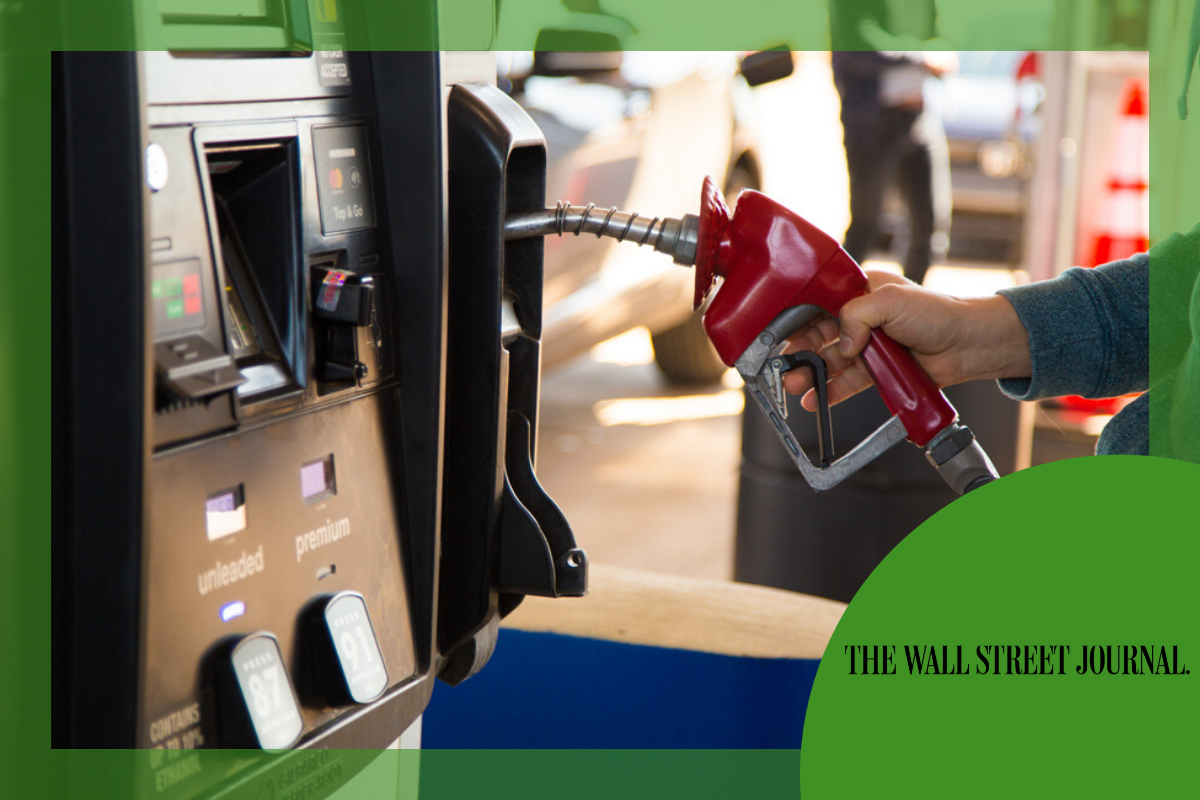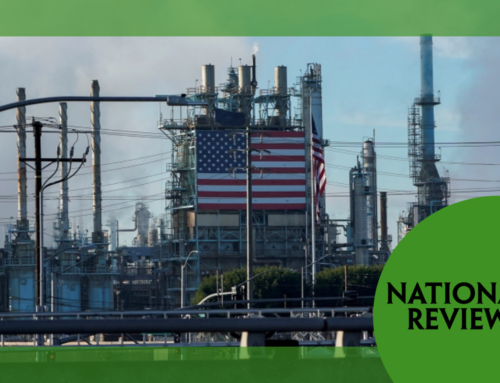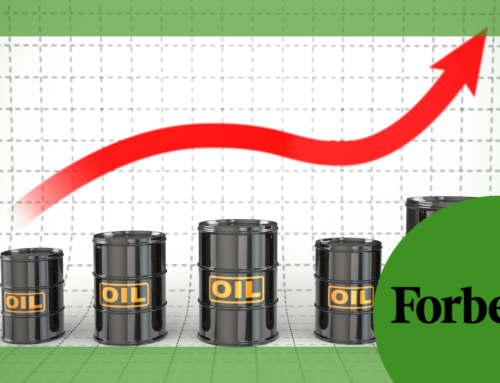By Rebecca Elliott and Russell Gold
Source: The Wall Street Journal
“It’s dropped so much that I’m bewildered,” Mr. Douglass, founder of fuel company Douglass Distributing Co., said of retail prices. “We’re under siege.”
Lower prices at the pump typically encourage people to log more miles. Not this time. Fuel demand is plummeting as millions hunker down to stem the spread of the new coronavirus.
In the U.S., gasoline has actually been worth less than crude in recent days, even with U.S. benchmark oil fetching around $22 a barrel. The pressure on profits increases the likelihood that refineries will need to shutter in coming weeks to balance supply and demand.
“We’re nearing kind of minimum crude rates in many of our refineries today,” Robert Herman, head of refining at Phillips 66, told investors last week.
Phillips 66, the largest U.S. refiner by market capitalization, said it would slash this year’s capital spending by $700 million, to $3.1 billion, after it saw domestic demand for gasoline fall about 20% in just a week, and as much as 30% in some regions.
That drop is likely only the beginning. Analytics firm IHS Markit says daily gasoline demand in the U.S. could be less than half of normal levels over the next four-to-six weeks, as people isolate themselves.
Pre-virus, Phillips 66 and other fuel-makers were the stock stars of the American oil patch. An index composed of five of the largest independent U.S.refiners increased about 56% in the five years ended in 2019, roughly tracking the S&P 500 index, S&P Global Market Intelligence data show. But that refining index has plunged as the coronavirus has taken hold in the U.S., declining by about 56% in 2020 as of Friday, compared with a slide of about 21% in the S&P 500.
Meanwhile, margins for producing gasoline have eroded. On the Gulf Coast, the fuel sold for as little as about $16 a barrel last week, more than $4 dollars below the U.S. benchmark oil price at the time, S&P Global Platts data show. That means a barrel of crude cost more than the processed product fetched.
While margins for diesel have held up better thanks to trucking and other commercial activity, those for jet fuel have shrunk as airlines have grounded planes.
Should those dynamics persist, some expect refineries to delay resuming operations after periods of maintenance or even power down in the coming weeks.
“There’s not a lot you can do if nobody wants your products,” said Amy Kalt, a consultant for Baker & O’Brien Inc., an energy consulting firm. She said the duration of the shutdowns would depend on how long people continue to isolate themselves and how much of a gasoline inventory builds up during that time.
American drivers already were using less gasoline pre-coronavirus due in large part to more efficient vehicles, and some industry executives have said fuel-making wouldn’t be an area of growth.
U.S. gasoline demand fell about 0.6% last year even as drivers logged more miles, federal data show.
The domestic response to the coronavirus is still in its early days, but some think gasoline consumption may never fully rebound.
“I think we will have a permanent and long-term reduction in travel patterns,” said Ramin Shabanpour, an assistant professor of engineering at the University of Illinois at Chicago who has written on telecommuting and its impact on transportation. “We are learning right now how we can do our daily activities-running our work meetings, attending our classes-online instead of spending our time traveling.”
That isn’t stopping privately held Meridian Energy Group Inc. from pursuing plans to build refineries in North Dakota and West Texas, betting that proximity to the shale oil produced in those regions will give the company an edge. Slated to open in 2023, the North Dakota facility would be the nation’s first new refinery in decades.
“The demand may pick up less vigorously when we’re past Covid-19, but they will respond to these price signals, and they will get back in their cars and go places,” said Bill Prentice, chief executive of Meridian Energy.
After the owner lowered prices to just 99 cents a gallon for regular unleaded, cars were lined up last week to fill up at Patriot Express Mart in Paris, Tenn.
“It’s a little crazy,” said Josie Taylor, manager of the service station. The big draw might be the Krispy Krunchy Chicken. “We have 50-cent wings also.” She said workers are wearing plastic gloves and are wiping down the pumps every 30 minutes.
Earlier in the month, Mr. Douglass’s stores in Texas were busy, too. But the initial rush of people hoarding gasoline has all but disappeared. He recently had to lay off employees for the first time in the 39-year history of Douglass Distributing, which sells wholesale fuel and operates dozens of Lone Star Food Store convenience shops.
Gasoline Is Cheap, but With Coronavirus, Nobody’s Buying – WSJ Demand for premium gasoline has fallen off so much that the company has begun redistributing the fuel from lower-volume stores to those that see more traffic and have a better chance of selling it.
“Nobody is spending 10 more cents than they have to spend,” Mr. Douglass said.
Write to Rebecca Elliott at rebecca.elliott@wsj.com and Russell Gold at russell.gold@wsj.com







Leave A Comment